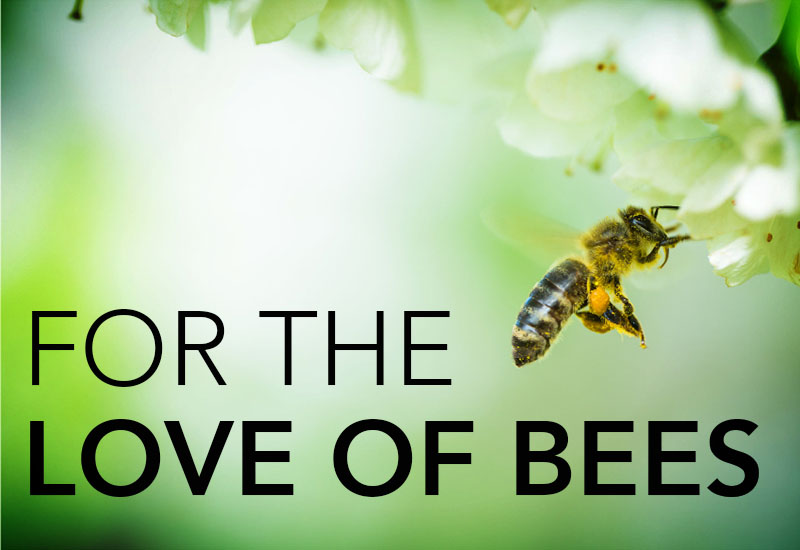As we endeavor to rehabilitate our farm and ensure it’s as eco-friendly as can be, we increasingly will rely on Mother Nature’s own handiwork to do more of the hard work in our gardens and vineyards.
To this end, bees are one of our greatest allies – not just at Uitsig, but across the world’s farms and gardens too. As some of the hardest working creatures on the planet, bees are responsible for pollinating one sixth of all flowering plant species as well as over 400 agricultural types of plants (about one third of everything we eat)!
If bees simply ceased to pollinate, broccoli, asparagus, melons, cucumbers, pumpkins, watermelons, almonds, apples, cranberries and cherries would also cease to be available.
As with most things in life, homegrown honey is far better than that which is hauled from afar. So I caught up with a local beekeeper in Constantia to find out more.
Approximately half of all honey purchased in South Africa is imported, often from inferior producers and suspect suppliers (who in the past, have been accused of diluting honey with syrup). Although local producers might not be able to compete with the low prices of imported honey, they’re worth the premium.
Raw honey (the kind this beekeeper prefers) is honey simply scraped off the comb with a spoon and filtered through a simple sieve-type cloth to remove impurities. It contains bee pollen, which is known to ward off infections, provide natural allergy relief and boost overall immunity.
It’s also loaded with antioxidants and tastes better too. You can buy locally-produced honey from some health shops and local farm deli’s too – like from the very good people at Buitenverwachting’s Coffee Bloc.
more on uitsig.co.za




